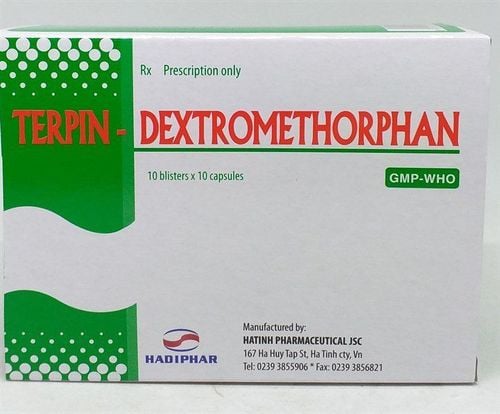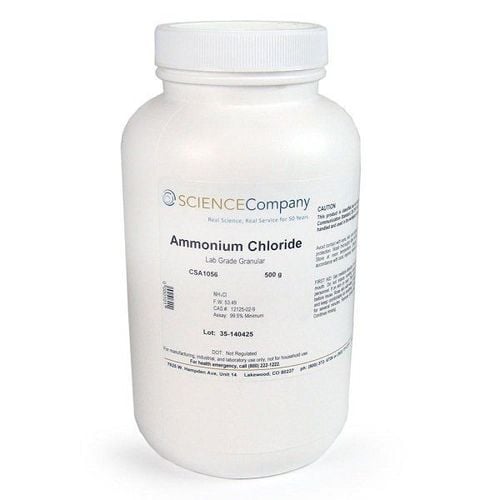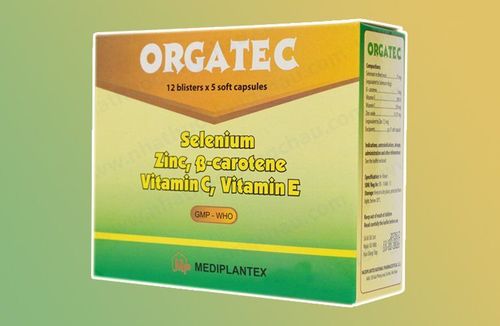This is an automatically translated article.
Pineapple is a food commonly used in daily life with many different processing methods. So is eating pineapple really good for health and what are the effects it brings? Let's find out the answer through the following article.
1. What is the effect of pineapple?
Although it has a rough outer shell, the inside of pineapple contains a large amount of vitamin C. This is a vitamin that not only helps the body to improve resistance, prevent infections but also has the ability to treat some respiratory diseases.
On the other hand, the antioxidant effect of pineapple is also due to its flavonoid, phenolic acid and vitamin C composition that help reduce the risk of developing a number of chronic diseases and cancers.
In addition to providing the body with a large amount of vitamin C, pineapple also brings other uses as follows:
Helps bones develop sustainably: In pineapple contains the mineral manganese, which plays an important role in the metabolism. digest food, clot blood, and help keep bones and joints strong. One cup of pineapple juice can include half the amount of manganese that the body needs each day. In addition, this mineral is also found in whole grains, lentils and black pepper. Keep a healthy digestive system: Pineapple is the only known food source of bromelain - the combined compound of protein-digesting enzymes. This explains why pineapple works as a meat tenderizer because it contains bromelain which breaks down protein structures. Therefore, bromelain helps the body to digest and absorb food more easily. Cough relief: Pineapple contains bromelain, which has a cough-reducing effect. While this is not a popular and widely used cough remedy, it can help relieve a sore throat and stop inflammation. Plus, the hydration in pineapple can soothe a sore throat that's been bothering you. Prevent oxidation: When food enters the stomach under the action of digestive enzymes, it will help break down food and create free radicals. They are one of the agents that promote the body's oxidation process. Pineapple is rich in flavonoids and phenolic acids that have antioxidant effects, protecting cells from the attack of free radicals that can cause chronic disease. There are currently many theories that bromelain is also associated with a reduced risk of cancer and are being studied to elucidate. Reduces Pain and Stops Inflammation: Bromelain is a digestive enzyme contained in pineapple that has anti-inflammatory and pain-relieving properties. Therefore, it is a useful treatment when you have infections such as sinusitis, trauma, sprains or burns. In addition, pineapple also reduces joint pain in patients with osteoarthritis. Pineapple is a treasure trove of vitamins and minerals: In addition to a large dose of vitamin C and manganese, pineapple also provides you with your daily dose of vitamin B6, copper, thiamin, folate, potassium, magnesium, niacin, riboflavin and iron. Prevent skin aging process: Aging is a natural process of the body that we cannot reverse. However, we can limit it to affect our skin. In addition to its effects on immune health, vitamin C may also help protect skin from UV damage by stimulating collagen synthesis and enhancing UV resistance. From there, it helps you get a firm, healthy skin that does not age gradually over the years. Promotes brain health: Bromelain contained in pineapple has the ability to destroy molecules that are involved in the formation and development of Alzheimer's disease. This is considered a big step forward in the prevention and treatment of Alzheimer's.

Quả dứa có tác dụng giảm ho
2. How to use and preserve pineapple properly?
2.1. How to use pineapple effectively? Using pineapple brings more benefits than harms. However, before eating pineapple, there are a few things to note:
Pineapple is a fairly acidic food, so for patients with gastroesophageal reflux disease, it is not advisable to use too much to avoid eating pineapple. Avoid heartburn after eating. Pineapple is rich in fiber, so people with digestive system problems should not eat too much because it can cause digestive difficulties. If you are taking medication to treat a disease, you should consult your doctor about drug interactions that cause unwanted reactions. For example, bromelain in pineapple has the ability to interact to alter the effects of antidepressants and anticonvulsants. 2.2. How to cut pineapple easily? Pineapple is a popular fruit, but cutting them is always a worry for many people because they don't know how to make it both easy and beautiful. Here's how to remove the rough skin into a juicy fruit: Cut off the top and bottom. Then cut out any "eyes" that were left behind and then stand it up and cut off the outer skin from top to bottom. Cut in half from top to bottom, then cut those halves into quarters. Finally, cut the core from 4 pieces and then cut into smaller pieces.
2.3. How to preserve pineapple? A whole ripe pineapple can be kept in a cool environment for 2-3 days. Once you cut it, it will keep well in the refrigerator for 5-7 days or in the freezer for 6 months or more. We can preserve the fruit whole or squeeze out the juice and put it in the refrigerator.
In summary, pineapple is rich in nutrients, containing many vitamins, minerals and antioxidants. So, eat pineapple regularly to get the health benefits!
Please dial HOTLINE for more information or register for an appointment HERE. Download MyVinmec app to make appointments faster and to manage your bookings easily.
Reference source: webmd.com













